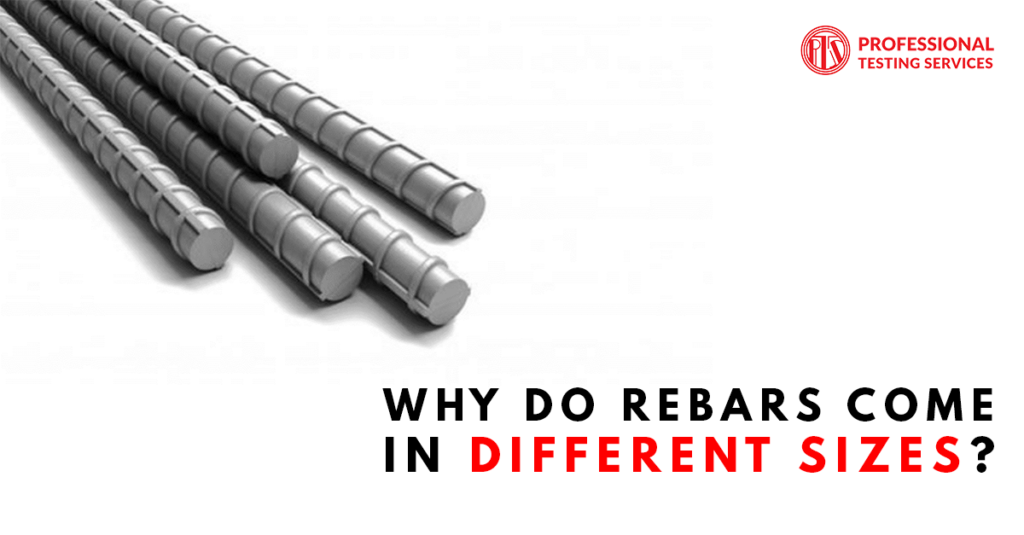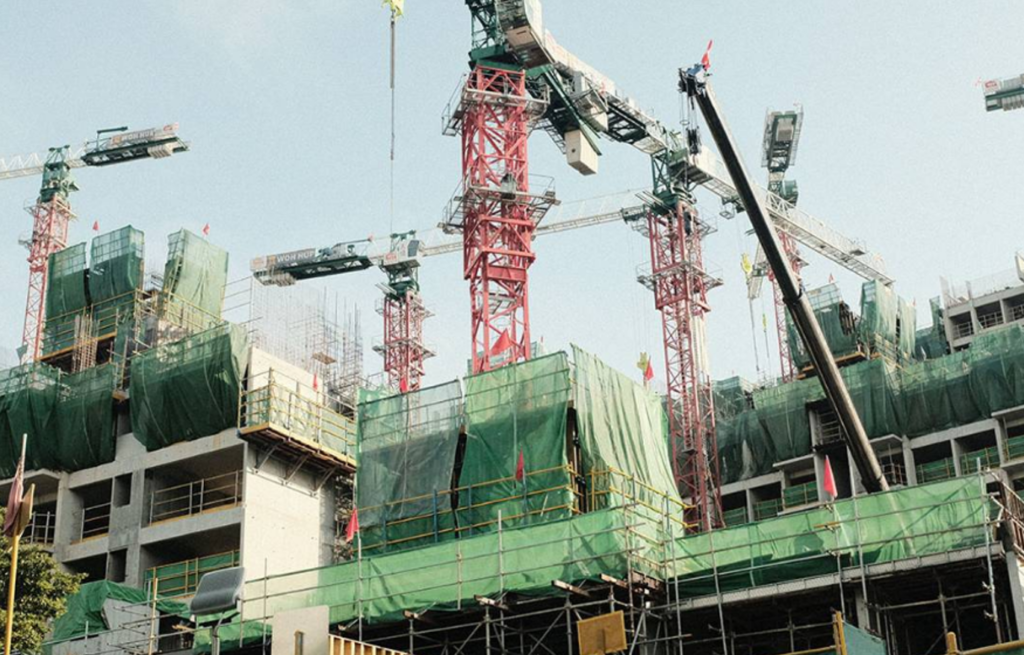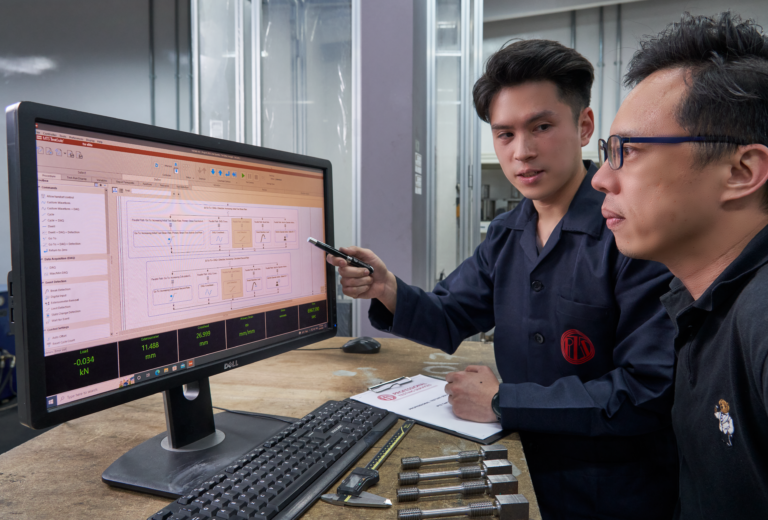
What is rebar?
Rebar, also known as reinforcement steel and reinforcing steel, is a steel bar or mesh of steel wires used in reinforced concrete to strengthen and hold the concrete in tension. In order to improve the quality of the bond with the concrete, the surface of rebar is often patterned.
Understanding the Sizes Ranking For Rebar (Reinforcement Steel)
One reason for having different size of rebar is to improve ease of constructability. Reinforced concrete beams also have transversal reinforcement, and it’s very common to place rebars at the four corners of the transversal reinforcement to tie everything together into a self-supporting cage
According to the need of tensile structural integrity, when a beam in subject to bending forces the greatest stress are at the edges and faces of the beam so just having one big bar running down the center wouldn’t do very much as this part of the structure sees very little load until it starts to fail.
Different sizes of rebar are determined which is required for a concrete job. Multiple smaller bars also help when looking at the interaction at the interface of the concrete and reinforcing steel. A single large bar has less surface area than multiple smaller bars. This means that for a given load, the stress between the surface of the bar and the concrete is greater in the single bar case.
What are the common steel rebar sizes used in both Singapore and Malaysia?

T10: This thin and cost-effective mild steel rebar material adds strength to concrete roads, driveways, or patios. It’s also common in poured concrete swimming pools to provide the pool walls with shape and strength.
T13: Slightly thicker, T13 rebar is perfect for adding strength to highways and can give columns and slabs added strength.
T16: This type of rebar is commonly used for bridges and highways.
T20: Commonly found in foundations, retaining walls, and roads or highways.
T25: T25 rebar is perfect for medium to heavy commercial applications. It can be used for slabs, sea walls, columns, and beams.
T32: Perfect for medium to heavy commercial-use projects, this size provides structural support in beams, columns, and more.
T40: One of the heaviest and thickest rebars available in standard sizes, the T40 rebar size is well suited for bridges, parking structures, tall buildings, and docks.
Our expert testing team offer various rebar testing method for you

Tensile Testing
A tension test of materials is a destruction process that provides information about the tensile strength, yield strength and the elasticity of the sample. The test is done to determine how the material reacts when you apply force on it. Our testing team will pull the metal with our state of the lab equipment, identify the material’s tensile strength, yield strength as well as how much it will elongate.
Bend and Rebend Testing
To strengthen the concrete structures, our testing team will bend the rebar into different shapes. To ensure that the material is bent without losing significant strength, the curve test specimen is tested by rotating it around a mandrel or at 90 ° or 180 angles. Sometimes, a three-point curve test is used as a quality control test to confirm the design of the bar. For more information, you can click here.
Fatigue Testing
The fatigue life of a material is the total number of cycles that a material can be subjected to under a single loading scheme. A fatigue test is also used for the determination of the maximum load that a sample can withstand for a specified number of cycles. All of these characteristics are extremely important in any industry where a material is subject to fluctuating instead of constant forces.
Chemical Analysis
Our chemical analysis lab performs chemical analysis testing on rebar to determine its weldability with other rebar sample. We has a fully equipped analytical chemistry lab to carry out chemical analysis tests on your rebar sample.
Contact us today to discuss your optimal rebar testing configuration.









